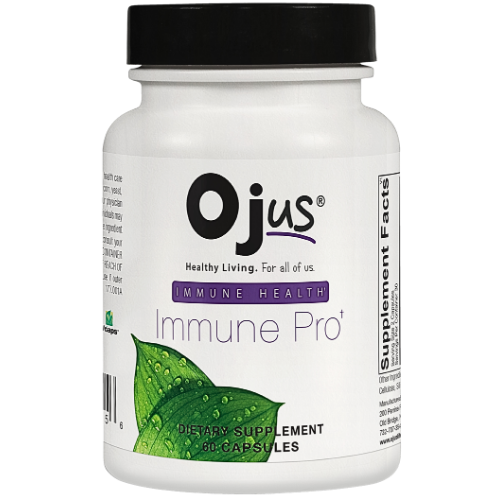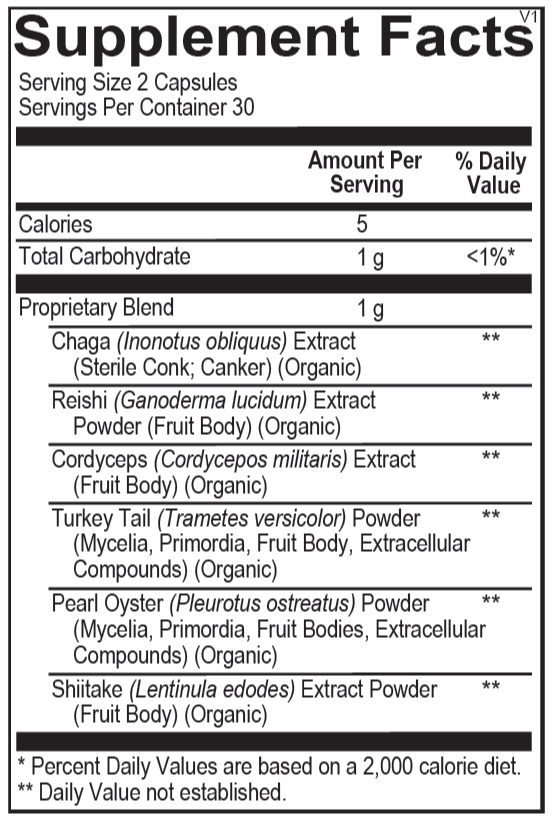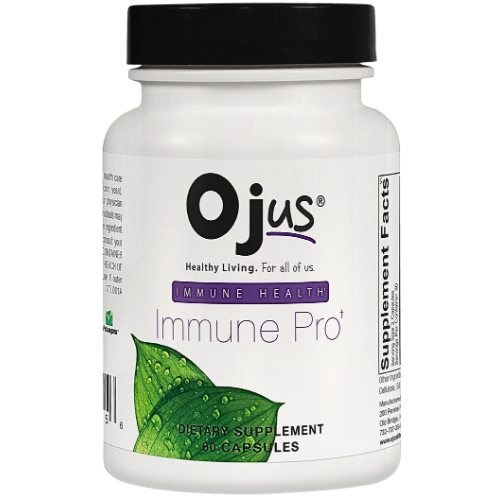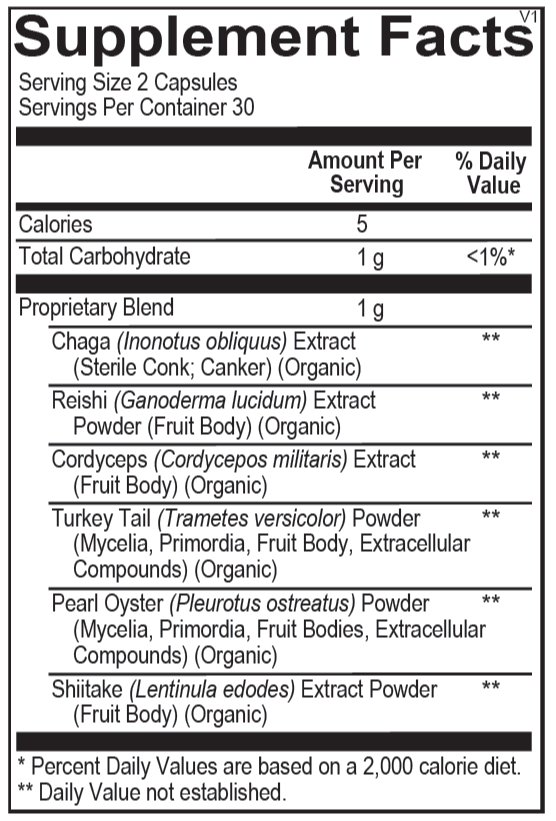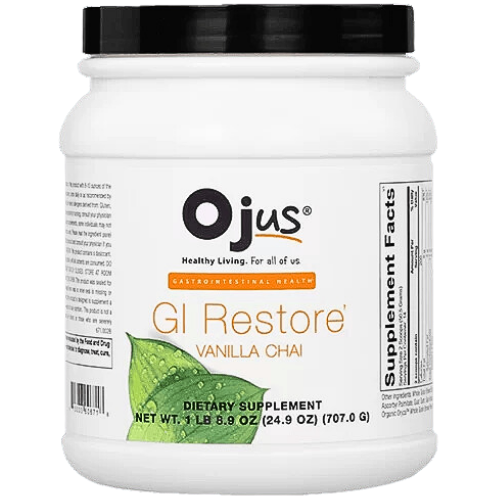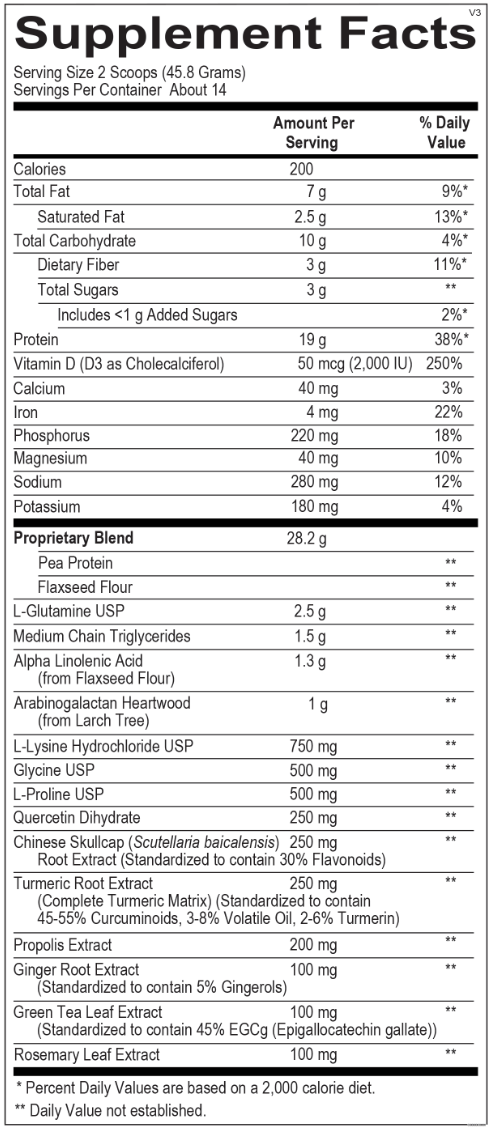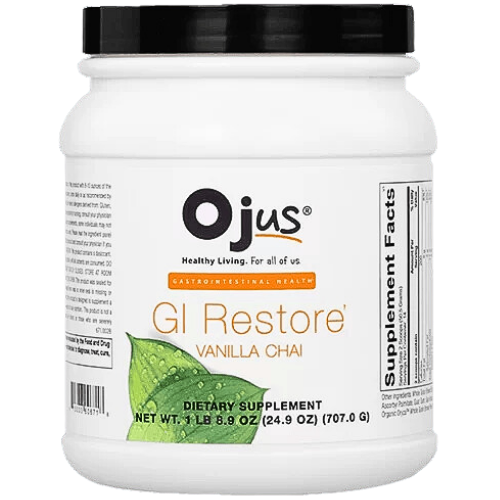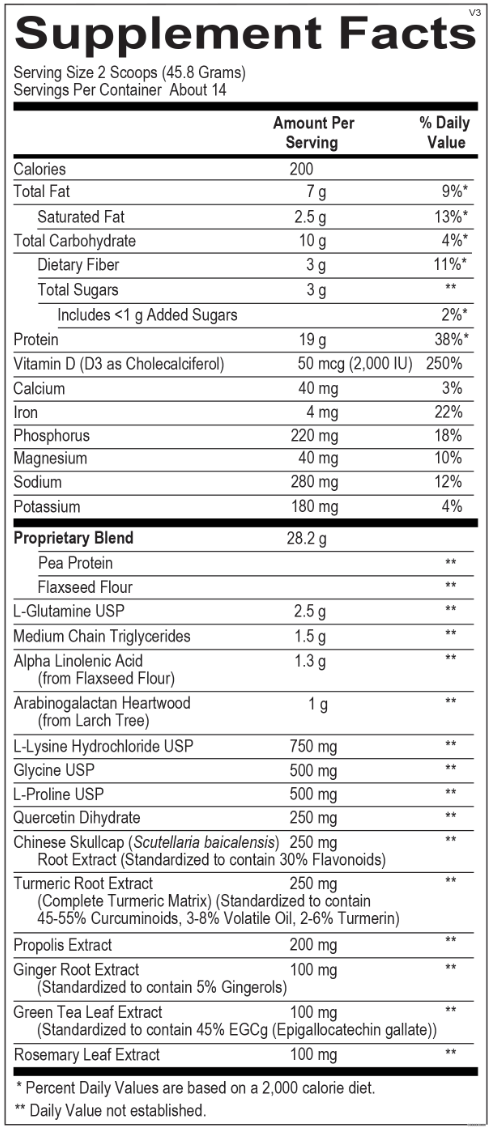
Role Of Vitamin C For Skin | Benefits, Dosage & More
Dr Anita NischalTable of Contents
| Vitamin C benefits for skin health and can endorse the differentiation of keratinocytes and cut melanin synthesis, resulting in antioxidant protection against UV-induced photodamage. Around 8.4% of the U.S. population suffers from a deficiency of vitamin C. In severe cases, this can lead to scurvy, a condition that is rare in the United States. |
The chemical formula of Vitamin C or ascorbic acid, ascorbate is C6H8O6. Higher blood levels of vitamin C may be the perfect nutrition indicator for overall health. The daily allowance of adult males is 90 mg daily, females are 75 mg daily. While pregnant and breastfeeding, you can take 120 mg daily. Apart from natural products like lemon, oranges, one can include herbal vitamin c supplements in the diet. Also, it is suggested to take components of vitamin c in the morning.
Let’s now dive into the advantages of vitamin C for the skin.
Why Is Vitamin C Essential for Skin?
A water-soluble vitamin c that the body does not store. Thus, to retain adequate levels of vitamin C, it is recommended to consume foods that are great sources of vitamin c.
Besides, vitamin C benefits for the skin, it helps the body produce collagen, L-carnitine, and certain neurotransmitters. As an antioxidant, vitamin C skincare removes unwanted elements well-known as reactive oxidative species (ROS) from the body.
Top Benefits Of Vitamin C For Skincare
Complimentary with other main health benefits, vitamin C benefits for skin health. Check out the great benefits of vitamin C for the skin:
1: Prevent wrinkles and fine lines
After a certain age, your skin shows aging symptoms such as wrinkles. Vitamin C powder for the skin works brilliantly to stop and decrease those unwanted symptoms via boosting the collagen mixture in your body. Moderate consumption of vitamin C leads to good skin appearances and declines the wrinkling of the skin, smoothening of the skin, and upsurges the production of collagen.
2: Protection from sun exposure
We all know that sun exposure can affect the skin resulting in skin tanning, redness of the skin, rough skin, etc. The topical application of vitamin C powder for skin works as an antioxidant to guard your skin from UV rays.
3: Offer skin hydration
A vitamin C reduces skin dryness and provides moisture to your skin. Ascorbic acid (Vitamin C) holds water in the skin and avert dryness and oil.
4: Enhances elasticity of the skin
As vitamin C boosts the production of collagen and elastin in the skin, the skin is tight and firm.
5: Lowers dark pigmentation of the skin
Dark pigmentation or hyperpigmentation is caused because of augmented production of melanin. Melanin is a pigment that provides color to your skin. However, hyperpigmentation is not damaging but from the beauty perspective, vitamin C can reduce the dark patches.
Not only Vitamin C skincare is acknowledged but it is a great anti-inflammatory and diminishes the signs of inflammation such as rash, redness, and irritation. It also helps rapid wound healing by triggering collagen creation.
Best Sources of Vitamin C & Their Dosage
The best natural sources of vitamin C are fruits and vegetables, particularly citrus fruits. The vitamin C foods are as follows:
- Raw red peppers: 95 mg
- Orange juice: 90 mg
- Orange: 70 mg
- Kiwi: 64 mg
- Raw green peppers: 60 mg
- Cooked broccoli: 51 mg
- Strawberries: 49 mg
- Cooked Brussels sprouts: 48 mg
- Tomato juice: 33 mg
- Cantaloupe: 29 mg
Note: 60 mg implies half cup. Besides, a vitamin C supplement can help get you to the correct levels.
Best Vitamin C Supplement for Skin
The herbal and natural vitamin C supplement formulated by Ojuslife are free of harmful toxins like Parabens, Silicones, etc. The team has produced this natural supplement with the finest ingredients such as Acerola fruit, Rutin, Hibiscus flowers, Hesperidin complex & Quercetin Dihydrate.
Thus, this vitamin C benefits for the skin along boosts immunity & collagen production supports bone and connective tissue.
Also Read: Benefits of taking Vitamin C & Iron together
Conclusion
Vitamin C for the skin is a key for small molecular weight antioxidants. Vitamin C acts as an effective route for delivering ascorbic acid to the skin because of ascorbic acid.
Even though you are getting vitamin C from your diet, there is no assurance that it will influence the skin. Hence, for vitamin C skincare, you have to apply it topically or need to take supplements. To get better results of vitamin C for skin, use lotions, moisturizers, serum, and creams for effectiveness.
Lastly, the utmost effects of vitamin C supplementation are shown with the amalgamation of micronutrients, such as vitamin E and zinc.
From the exposure to sunlight, we get Vitamin D. For vitamin C we need to eat food such as citrus fruits.


